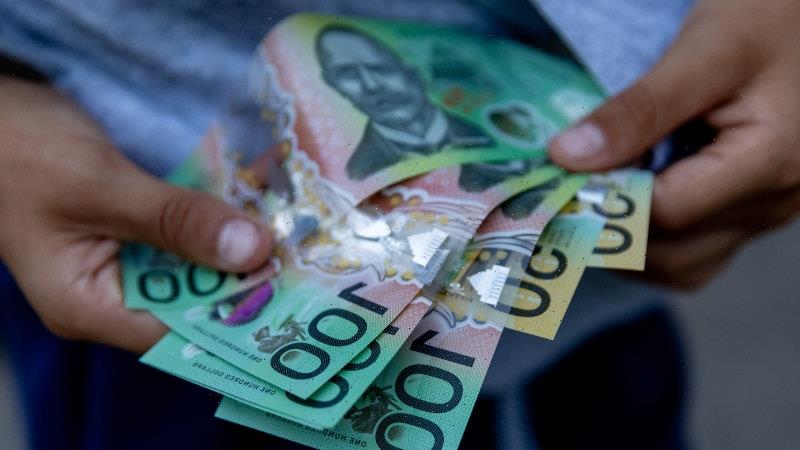Gambling addicts who withdrew up to $20,000 from their superannuation through a Morrison government stimulus scheme used much of the cash to bet on sports and helped drive record profits for foreign-owned betting firms now being targeted by Labor and the Nationals.
The first major study of the $38 billion COVID-era early superannuation release program found gambling spending rose by an average of $300 for those who accessed the scheme, prompting fresh calls for a crackdown on the growing sports betting sector. Some long-time addicts spent much more than $300.
Labor MP Peta Murphy says parliamentarians are inundated with complaints about betting ads.Credit:Alex Ellinghausen
Labor MP Peta Murphy, who is chairing a government-commissioned inquiry into online betting, said spending on digital gambling spiked during lockdowns, illustrated by a 60 per cent increase in Sportsbet’s 2020 revenue.
“We said from day one the Morrison government policy allowing people to raid super to get through COVID was incredibly problematic. This data shows we were right,” Murphy said.
Witnesses who gave evidence at the inquiry, which will inform future government reforms, said the combination of easy access to gambling apps, the proliferation of ads online and on TV, and lump sums of cash led to greater betting outlays.
Flight Centre worker Aaron Smith withdrew the maximum amount of $20,000 when he was stood down as the travel industry all but shut down. The long-time gambling addict spent the majority of the cash betting on sport.
“We were confined to our house. I live alone. I’ve got friends. But it was kind of then when everything went online,” he said at a hearing of the parliamentary inquiry into betting on February 10.
“You’ve got the money from your super and you just sit there. I think one day I spent $5000 just sitting there betting.”
Mark Kempster, a 34-year-old compulsive gambler who previously worked for an online betting firm, had his work hours cut during the pandemic but was still working too many hours to qualify for the super withdrawal scheme. He applied anyway and received $10,000.
“I shouldn’t have accessed it. I had the idea to access it to pay off the debts I already had from gambling,” he said at an inquiry hearing.
But his spending didn’t stop at paying off debt.
“I paid off some of the credit card and then used the rest of it to gamble with,” he admitted.
Nationals leader David Littleproud said the Coalition’s superannuation withdrawal policy, which he was involved in as a member of the Morrison government’s cabinet, was designed to stimulate the economy but was also expected to lead to higher spending on undesirable products.
Littleproud seized on the data to restate his call for heavier restrictions on gambling advertisements. “People were locked up and subjected to copious amounts of ads. Of course when you had that money given to them, they were going to spend it,” he said.
“This is why we are keen to see what reforms come out of [Murphy’s] committee. We’re eagerly awaiting it.”
Prominent anti-gambling advocate Tim Costello said the propensity of people who took out super funds to quickly use the money to gamble highlighted the pervasiveness of gambling culture in Australia, whose citizens spend more on betting than any other country.
“It is the water we Australian fish all swim in. We have no idea how unreal this gambling culture really is. It has completely dominated the culture and gone upstream of AFL and [other sporting codes],” he said.
“The social licence of gambling is as damaged as tobacco was.”
Cut through the noise of federal politics with news, views and expert analysis from Jacqueline Maley. Subscribers can sign up to our weekly Inside Politics newsletter here.
Most Viewed in Politics
From our partners
Source: Read Full Article


